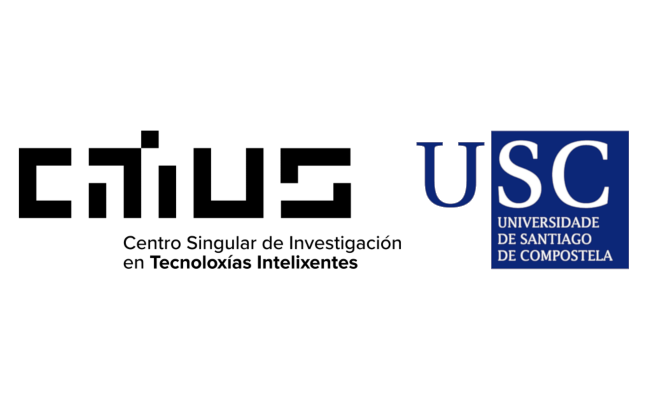
JRS III: Democracy Threats and Public Discourse Analysis
The JRS III course is designed to provide Doctoral Candidates (DCs) and attendees with in-depth knowledge and practical skills related to data science, corpora analysis, and misinformation detection, with a specific focus on applications in social sciences and hybrid research domains.
This course is designed to enrich participants’ methodological toolkit, enhance their ability to handle complex data, and prepare them to tackle misinformation and toxicity in online environments. Through hands-on training and case studies, participants will gain valuable skills applicable to both academic research and real-world problem-solving.
CLUSTER EVENT IBERIFIER & HYBRIDS: Artificial Intelligence & Disinformation (24-25 October 2024)
This cluster event is a joint initiative between the HYBRIDS project and IBERIFIER, bringing together experts to explore the intersection of Artificial Intelligence (AI) and Disinformation. The event will serve to introduce the main objectives of the two projects and will feature presentations on some of their main interests and research. A round table will also be organized, with the participation of several journalists from different media, to discuss on how AI and language models can both detect and contribute to the spread of disinformation, with a particular focus on the role of media.
About IBERIFIER:
IBERIFIER is a digital media observatory for Spain and Portugal, funded by the European Commission and connected to the European Digital Media Observatory (EDMO). Coordinated by the University of Navarra, IBERIFIER brings together twelve universities, five fact-checking organizations, news agencies, and six multidisciplinary research centers. The observatory focuses on combating disinformation and promoting media literacy across the Iberian Peninsula. You can find more information about Iberifier here.
About HYBRIDS:
The HYBRIDS project, funded by the Horizon Europe Marie Skłodowska-Curie Actions (HE MSCA) and co-funded by the UK Research and Innovation (UKRI) HE funding guarantee, addresses a broad spectrum of topics related to disinformation, abusive language, and public discourse. These include analyzing social media discourse, tracking the impact of political speech on public opinion, detecting hate speech, identifying toxic bots, and fact-checking claims, among others. Coordinated by CiTIUS at the University of Santiago de Compostela, the HYBRIDS consortium includes partner universities, research centers, non-profit organizations, and innovation companies from across Europe. You can find more information about HYBRIDS here.
This event provides a unique opportunity to explore the challenges and opportunities AI presents in the fight against disinformation, with contributions from both the academic and media sectors.
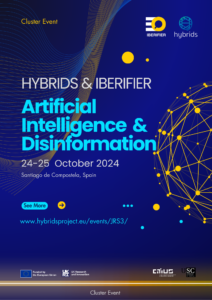
The full program, including detailed content and schedule, will be published soon. Stay tuned for updates!
Hourly Schedule
Day 1: Tuesday, October 22
- 9:00 - 11:00
- Corpora Analysis in Social and Humanistic Domains
- In this seminar, we will discuss the importance of analyzing corpora before using them for research, including a deep-dive into Variationist, a tool that allows us to easily explore language corpora. The session will include examples of usage and hands-on exercises in which we will use this tool to gather information on datasets proposed by the attendants.
-
Speakers:
Camilla Casula (Fondazione Bruno Kessler)
Day 2: Wednesday, October 23
- 9:00 - 11:00
- Detecting and Tackling Online Harms: From Rumours to Abuse
- Despite significant progress in developing NLP methods for tackling online harms such as misinformation and abusive language, there are still numerous shortcomings in existing models and datasets, not least when it comes to addressing more challenging circumstances. This talk will address challenges in data collection for rumour detection to generalisation in abusive language detection, looking at the challenges arising from the need to support diverse communities and users with different preferences.
-
Speakers:
Arkaitz Zubiaga (Queen Mary University of London)
- 14:30 - 16:30
- Exploring constructiveness and toxicity in online comments
- Abusive comments, toxic behaviour, harassment, misinformation and fake news---it seems like a bleak landscape online. Some of these problems can be solved with text classification techniques. If we can identify ‘nice’ and ‘nasty’ comments, then we can promote the former and filter out the latter. If we can reliably identify misinformation and fake news stories, then we can stop them before they spread online. My lab is actively working on these issues and I will discuss, in this talk, an ongoing research project which aims at identifying constructive comments on news stories. Using both ‘classic’ machine learning (Support Vector Machines with linguistic features) and deep learning methods, we have built a classifier to identify instances of constructive comments, defined as those that are related to the article, intend to create a civil dialogue and provide specific points supported by evidence. The classifier was built using a large annotated corpus of comments (12,000 comments) from the Canadian daily The Globe and Mail. Our results show that constructiveness can be identified reliably and that a mix of features characterize constructive comments, including length, specific points and the presence of personal stories. The goal of this project is to build a moderation platform to allow constructive comments to be featured more prominently, which will hopefully encourage more constructiveness in online spaces.
-
Speakers:
Maite Taboada (Simon Fraser University)
Day 3: Thursday, October 24
- 8:55 - 9:00
- Opening
-
Speakers:
Pablo Gamallo Otero (HYBRIDS Coordinator), Ramón Salaverría (IBERIFIER Coordinator)
- 9:00 - 9:15
- Analyzing the tactics and strategies adopted by individual and collective actors to propagate political opinions through media platforms.
- Presentation of HYBRIDS PhD Projects
-
Speakers:
Erik BRAN MARINO (University of Evora, Portugal)
- 9:15 - 9:30
- Discourse analysis in social networks
- Presentation of HYBRIDS PhD Projects.
-
Speakers:
Katarina Laken (DC at FBK)
- 9:30 - 9:45
- Multimodal and Multilingual Claim Retrieval for Automated Fact-Checking
- Presentation of HYBRIDS PhD Projects.
-
Speakers:
Rrubaa Panchendrarajan (DC at QMUL)
- 9:45 - 10:00
- Detecting Disinformation, Hyperpartisan News, and Online Harassment: A Hybrid Approach to Social Media Content Analysis
- Presentation of HYBRIDS PhD Projects.
-
Speakers:
Paloma Piot Pérez (DC at UDC)
- 10:00 - 11:00
- Joining forces against disinformation: the experience of Iberifier
- Promoted by the European Commission, the IBERIFIER observatory has been bringing together 25 public and private organizations from Spain and Portugal since 2021, including academic research institutions, news agencies, fact-checking groups, and strategic analysis entities. Through its work, reflected in various reports and outreach activities, the observatory has gained valuable insights into the nature, scope, and impact of disinformation across the Iberian region. This presentation will offer an overview of IBERIFIER's structure, goals, and activities, highlighting potential opportunities for collaborative research and partnerships with other disinformation-focused projects.
-
Speakers:
Ramón Salaverría (IBERIFIER Coordinator)
- 11:00 - 11:30
- COFFEE BREAK
- 11:30 - 12:30
- Oppositional thinking analysis: Conspiracy theories vs critical thinking narratives
- The rise of social media has offered a fast and easy way for the propagation of disinformation. Several are the attempts of foreign information manipulation interference that our countries are exposed to. The European External Action Service and the European Digital Media Observatory are giving special importance to fight and analyse the disinformation narratives of this information warfare. Conspiracy theories are complex narratives that attempt to explain the ultimate causes of significant events as cover plots orchestrated by secret, powerful, and malicious groups. The majority of existing approaches do not distinguish between critical and conspiratorial thinking whereas this distinction has important implications for automatic content moderation: if models do not differentiate between critical and conspiratorial thinking, there is a high risk of pushing people toward conspiracy communities.
-
Speakers:
Paolo Rosso (Universidad Politécnica de Valencia)
- 12:30 - 13:30
- Uninterested, tired, overwhelmed and avoidant: negative behaviors towards news and the consequences for journalism.
- The harsh contextual conditions threatening the survival of media and news brands have been widely acknowledged and covered by a wide range of approaches at a industrial, economic, social and cultural level. More recently, academics have been reckoning with an added threat, which is the rise of negative behaviors towards news. While sporadic negative behaviors towards journalism in audiences have been signaled before, the scale of phenomena such as the loss of interest, saturation and avoidance have reached concerning levels in recent years and for reasons experts tend to overlook: times have been tough for journalism and journalists, but they have been tough as well for audiences trying to make sense of pandemics, wars, inflationary crisis, etc. among other events. We look at the scale and size of such behaviors, trying to make sense of the ways in which audiences are taking control of their own news experience while also underlining the strategies in which journalism can be mobilised as a tool for problem solving and understanding, rather than a problem highlighter, adding emotional distress to already struggling audiences. This session aims to shed a light on how people, rather than being passive information receivers, are willing to take control of their own news experience in order to find solutions to everyday problems and, most importantly. to make sense of whats around them.
-
Speakers:
Miguel Paisana (OberCom)
- 13:30 - 16:00
- LUNCH
- 16:00 - 18:00
- ROUND TABLE: AI, Disinformation, and Media
- The objective of this round table is to bring together journalists from various media outlets to share their experiences on the issue of disinformation. The discussion will focus on the role of AI and language models, exploring their contributions both in detecting disinformation and in its malicious spread. MODERATORS: Siddharth Bhargava (DC at FBK); Rafael Martins (DC at Newtral).
-
Speakers:
Alfonso Pato (elDiario.es), César Rodríguez (La Voz de Galicia), Guillermo Infantes (Newtral), Íñigo Caínzos (Cadena SER), Pablo Hernández Escayola (MALDITA.ES)
Day 4: Friday, October 25
- 11:15 - 13:00
- Verification journalists against disinformation
- The presentation will consist of an overview of the fact-checking work carried out by journalists specialized in verification. First, we will discuss the concept of disinformation that we work with at Newtral.es to determine what is verifiable and what is not, as well as the common patterns we observe in so-called "hoaxes." I will also explain how disinformation exploits crisis contexts and present some specific examples in the following areas: hate speech, humanitarian and migratory crises, diplomatic relations, health, electoral processes, and wars. Lastly, I will mention the role of artificial intelligence in the field of disinformation.
-
Speakers:
Guillermo Infantes (Newtral)
- 13:00 - 14:30
- LUNCH
- 14:30 - 15:30
- Final discussion and farewell
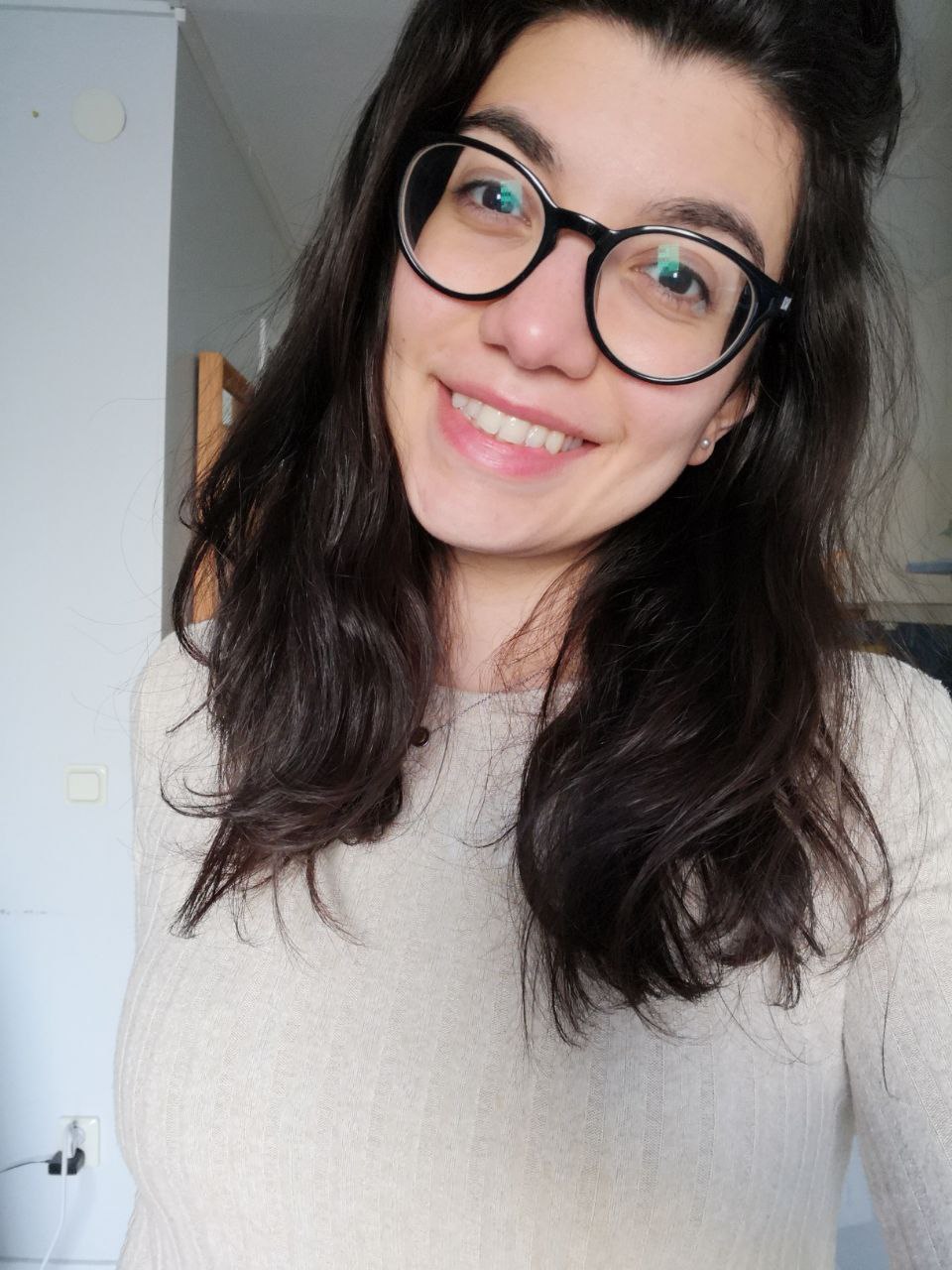
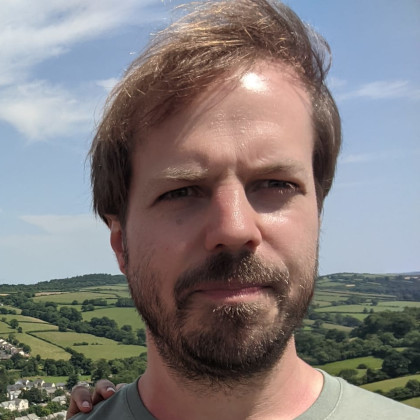
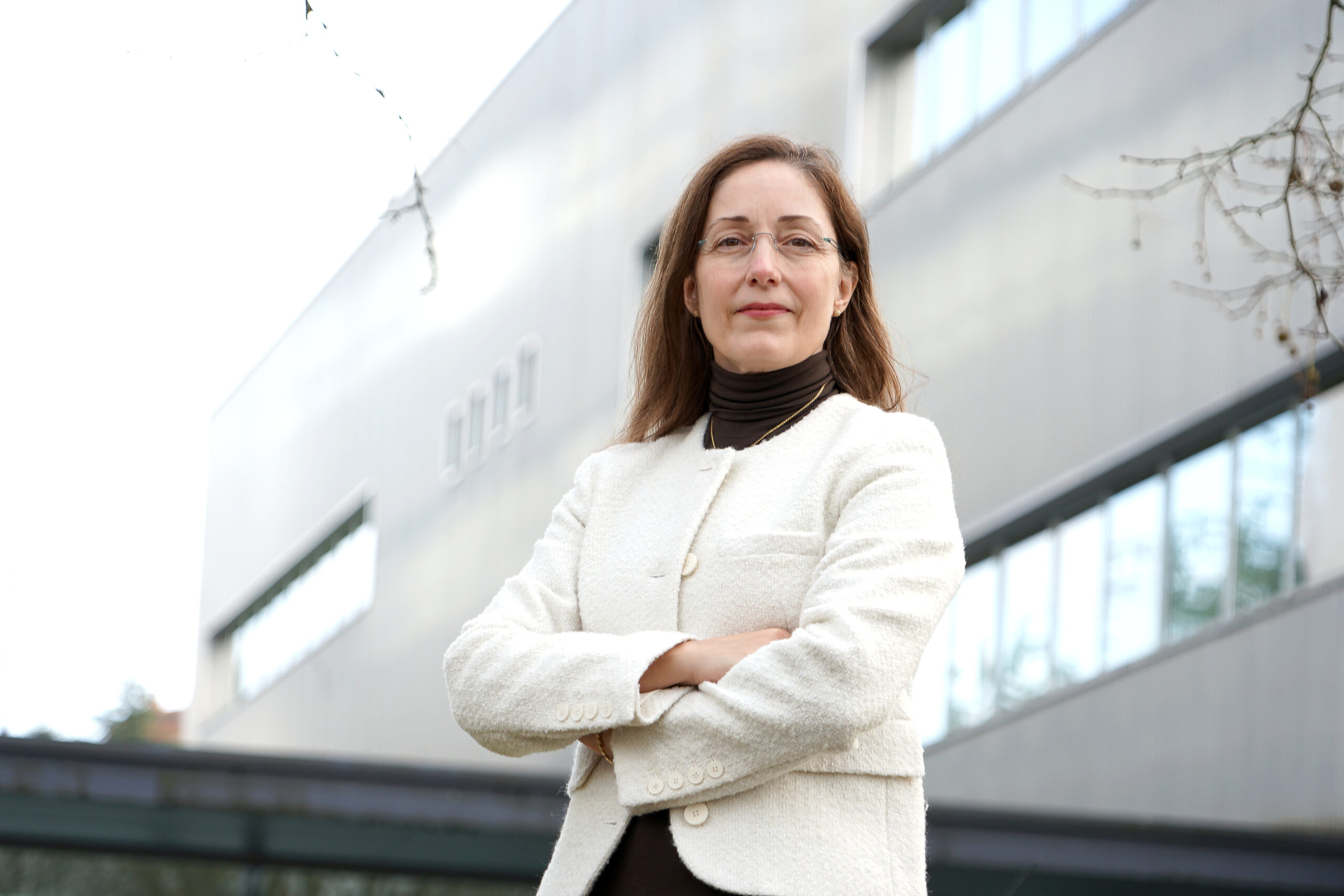
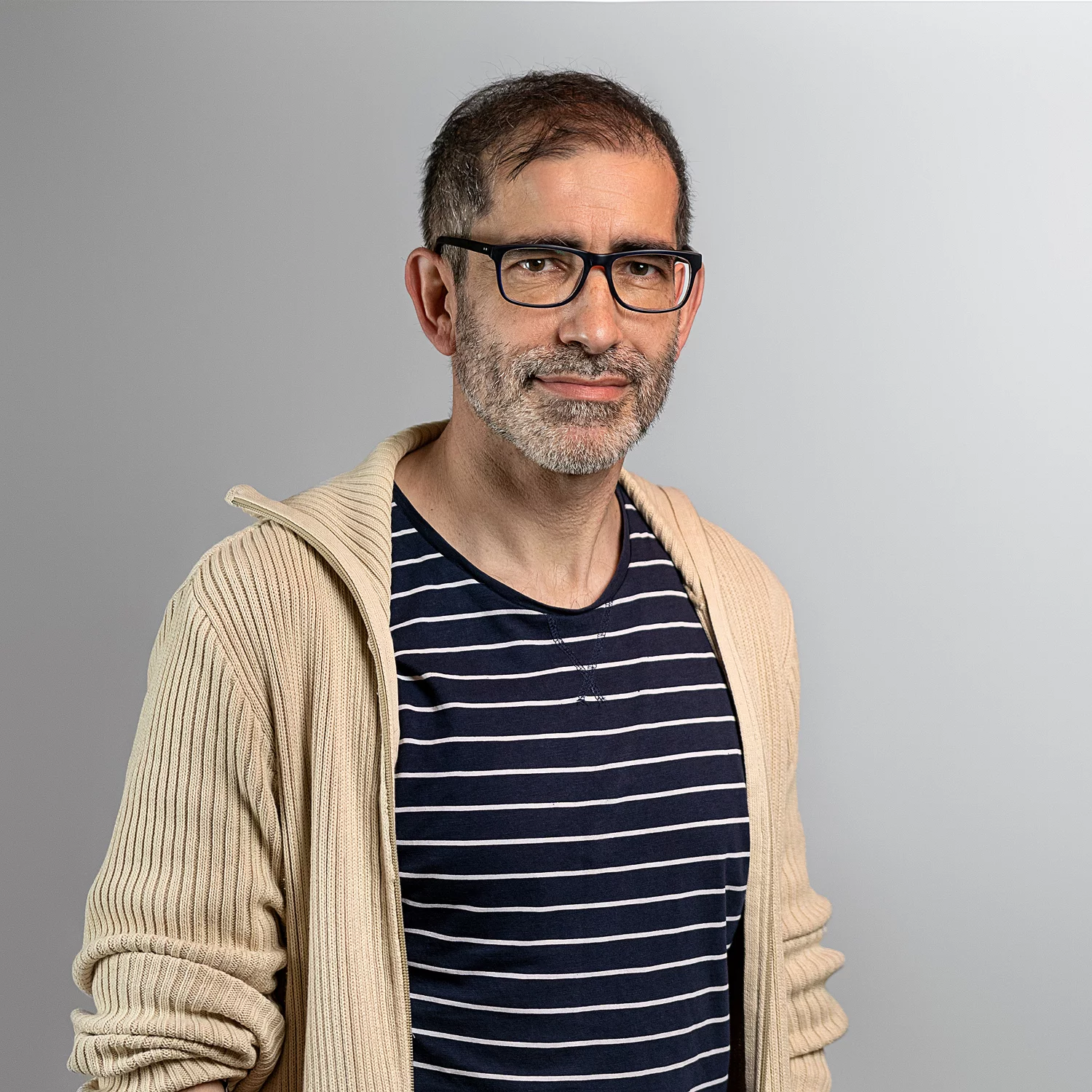
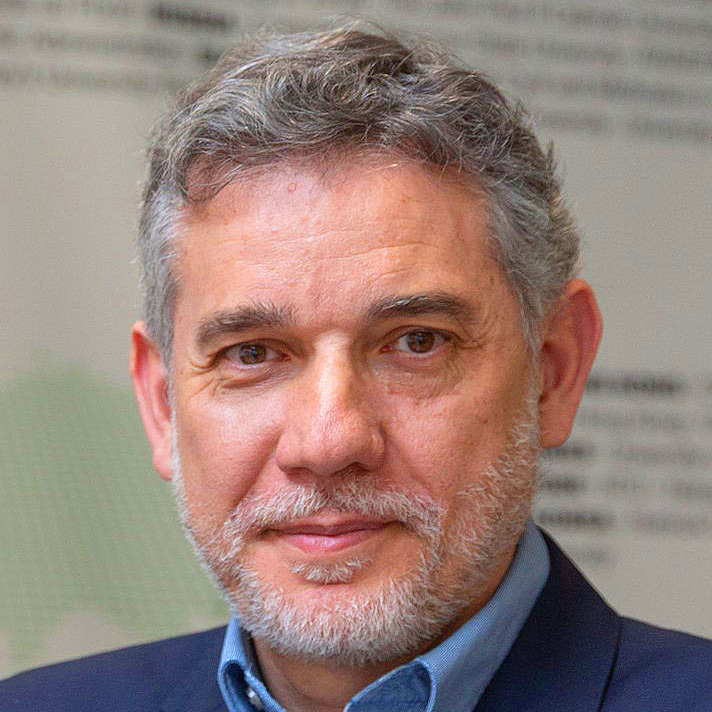
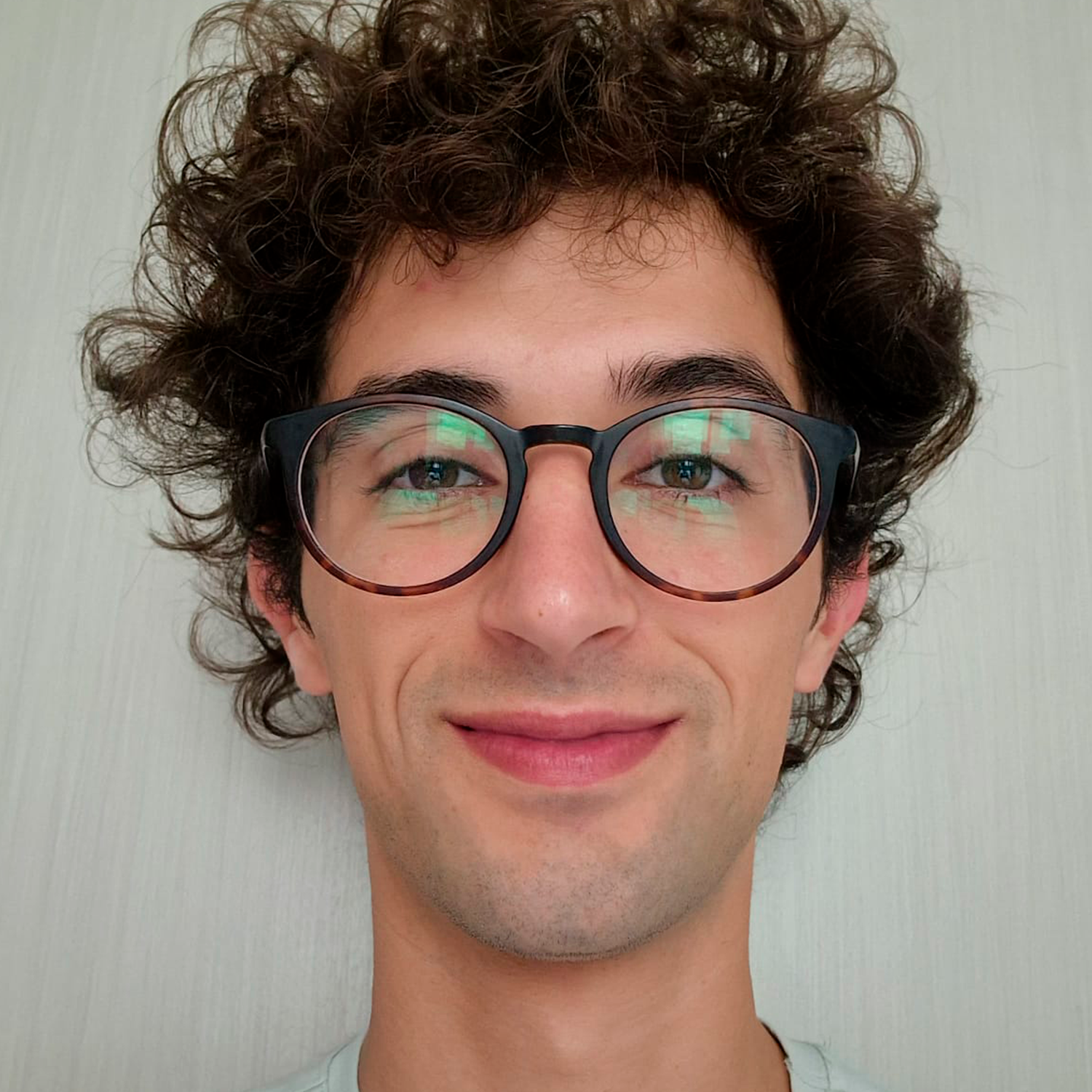
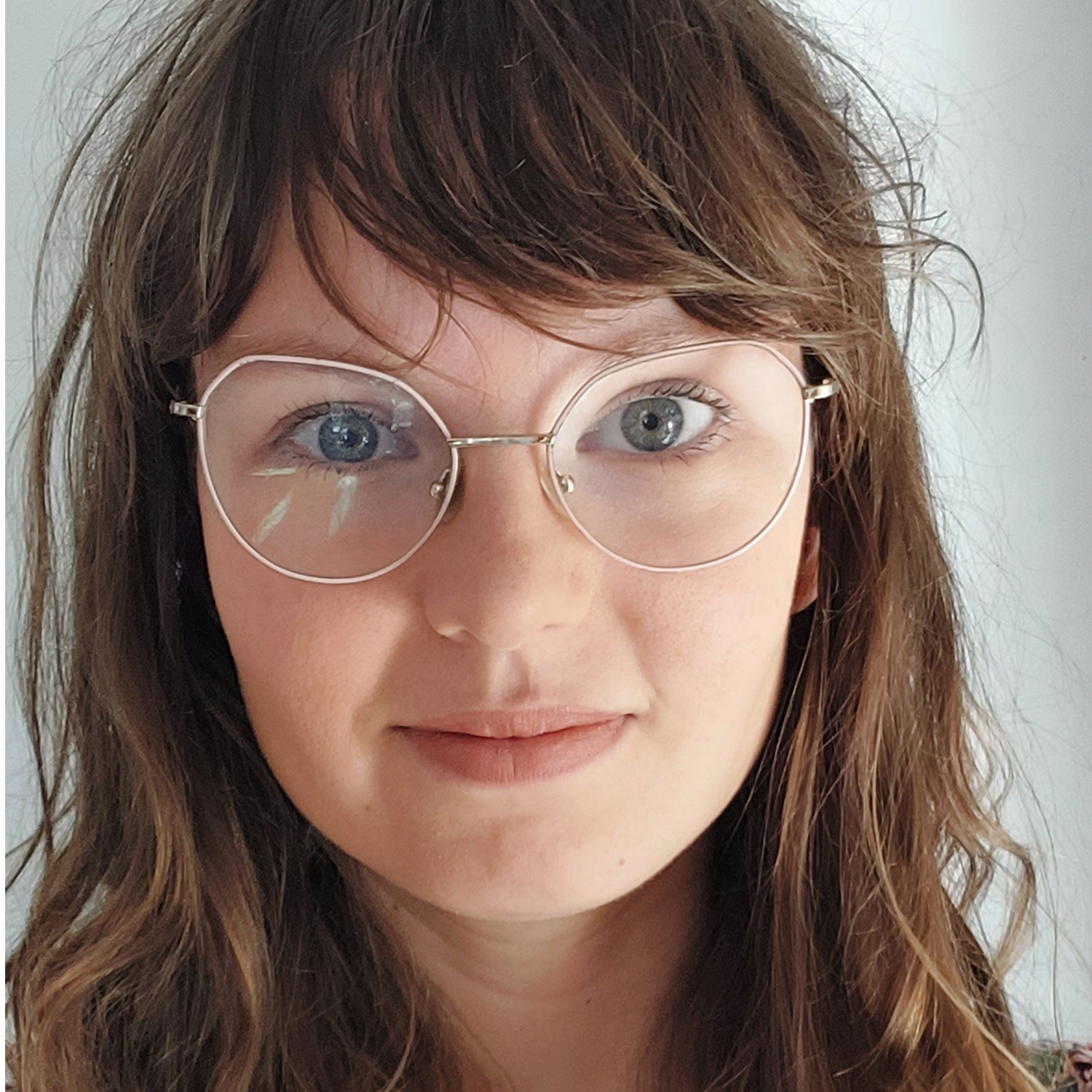
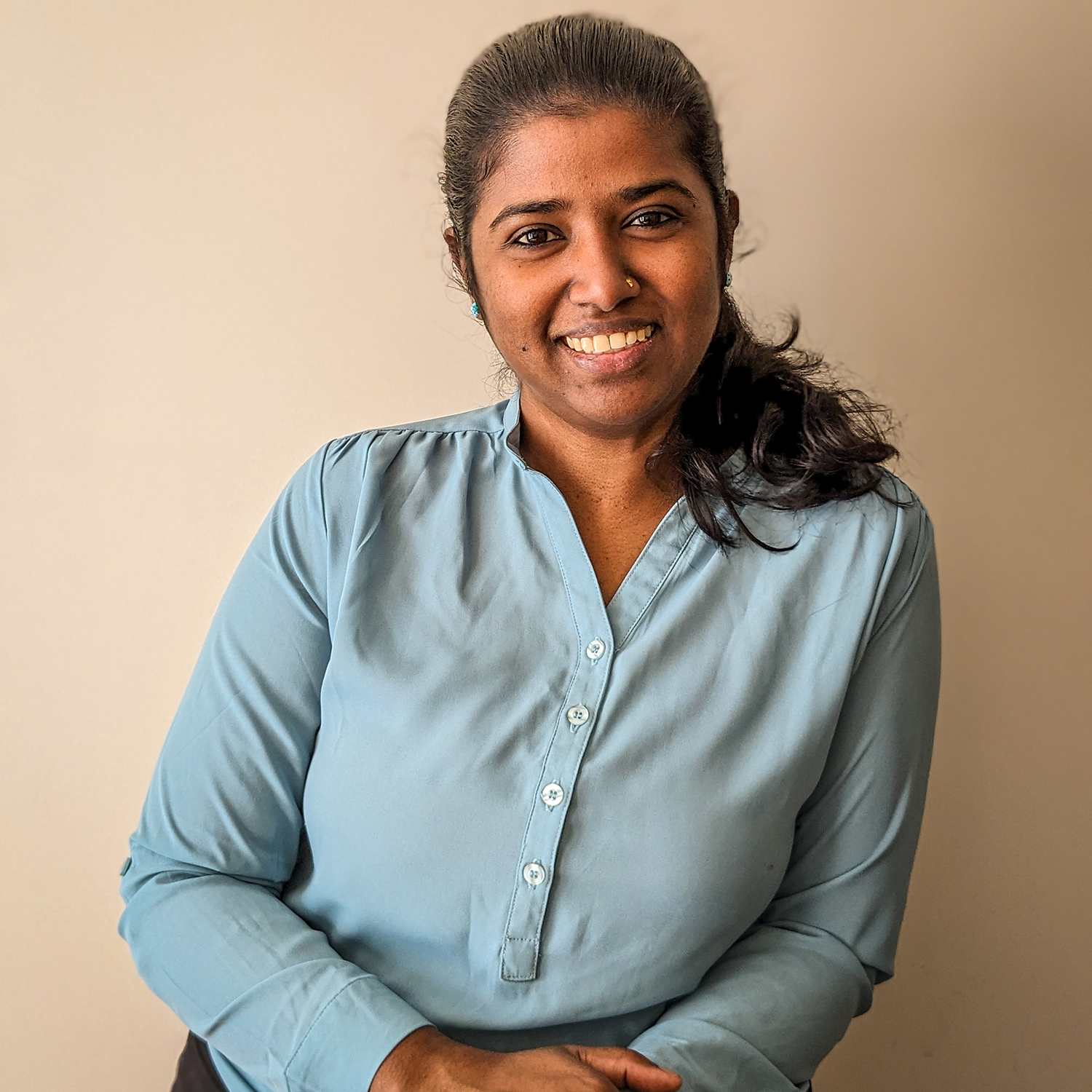
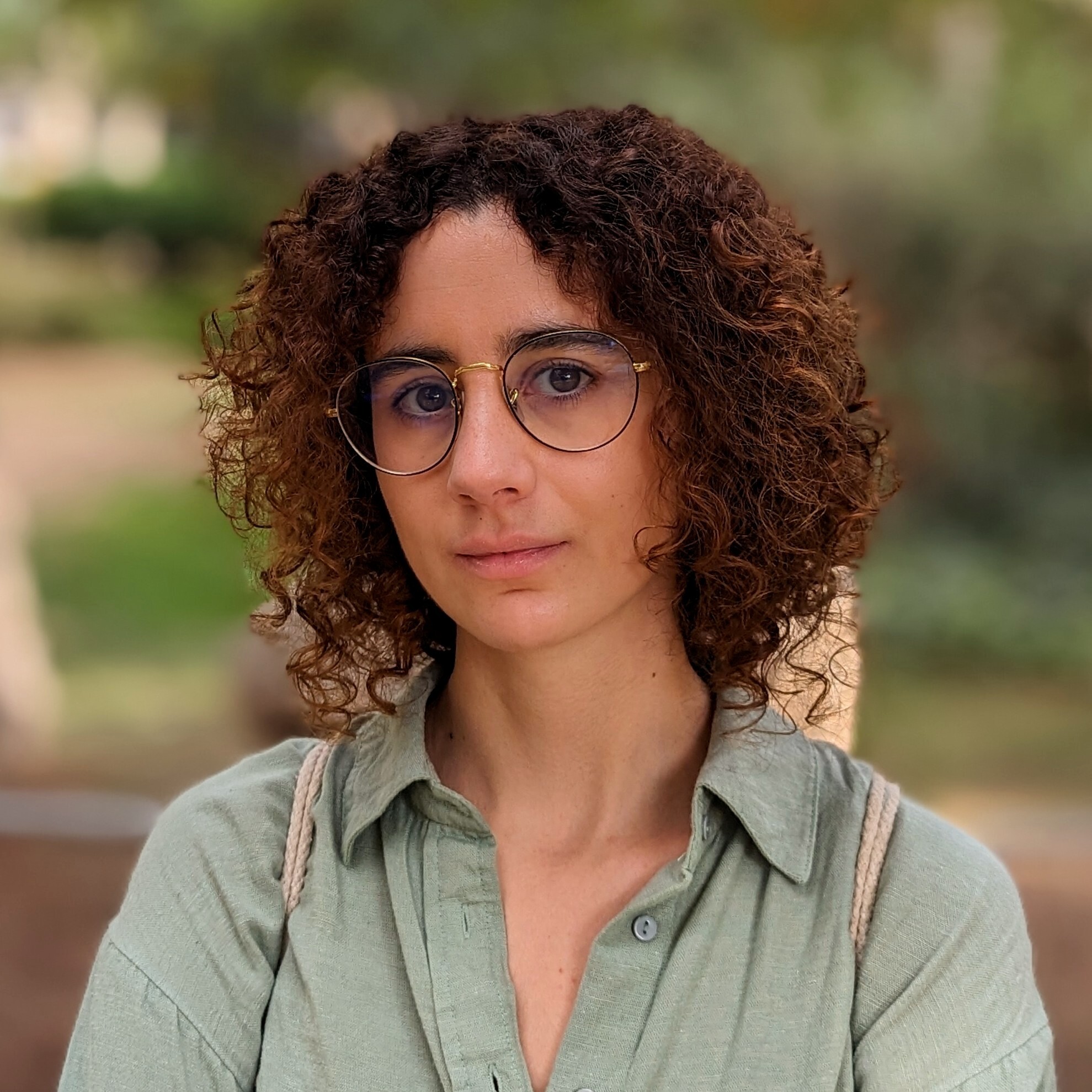
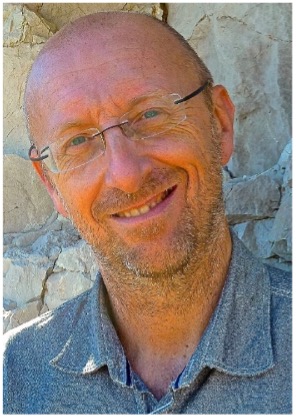
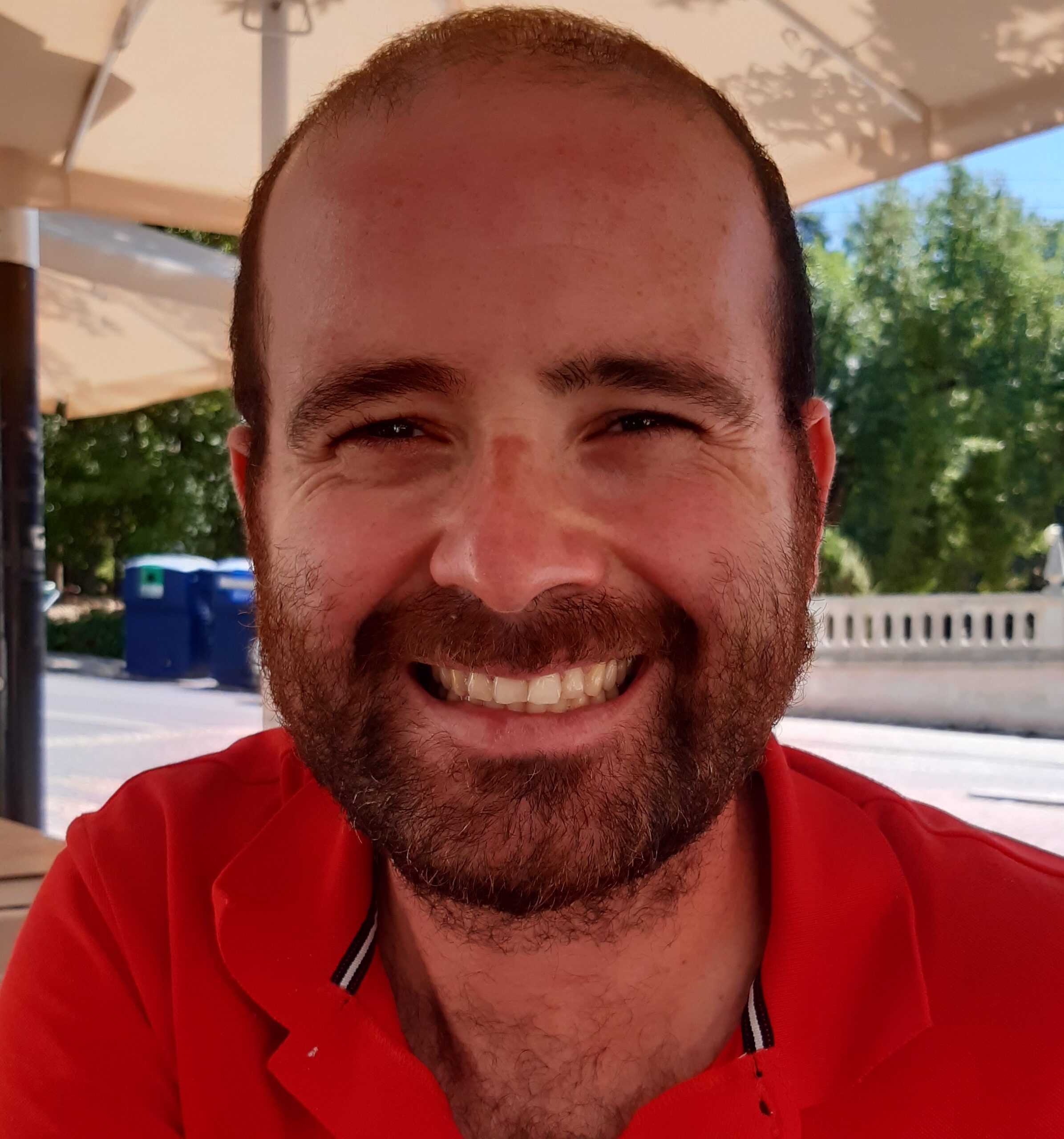
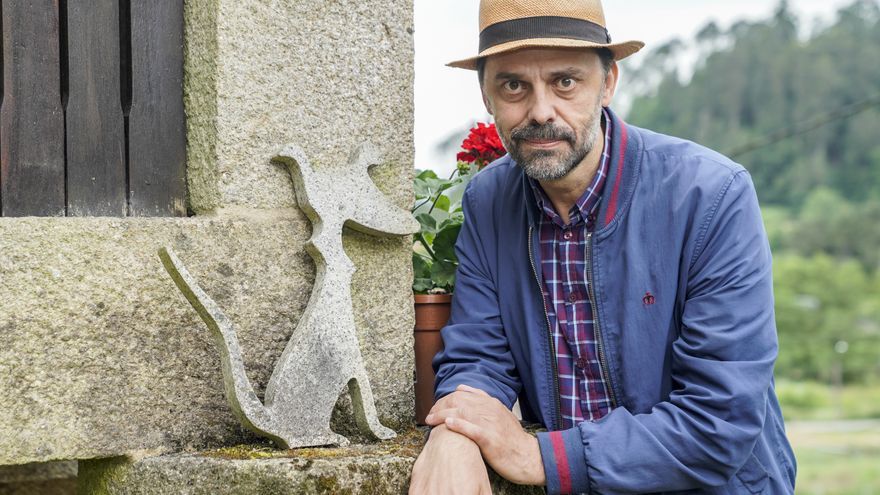
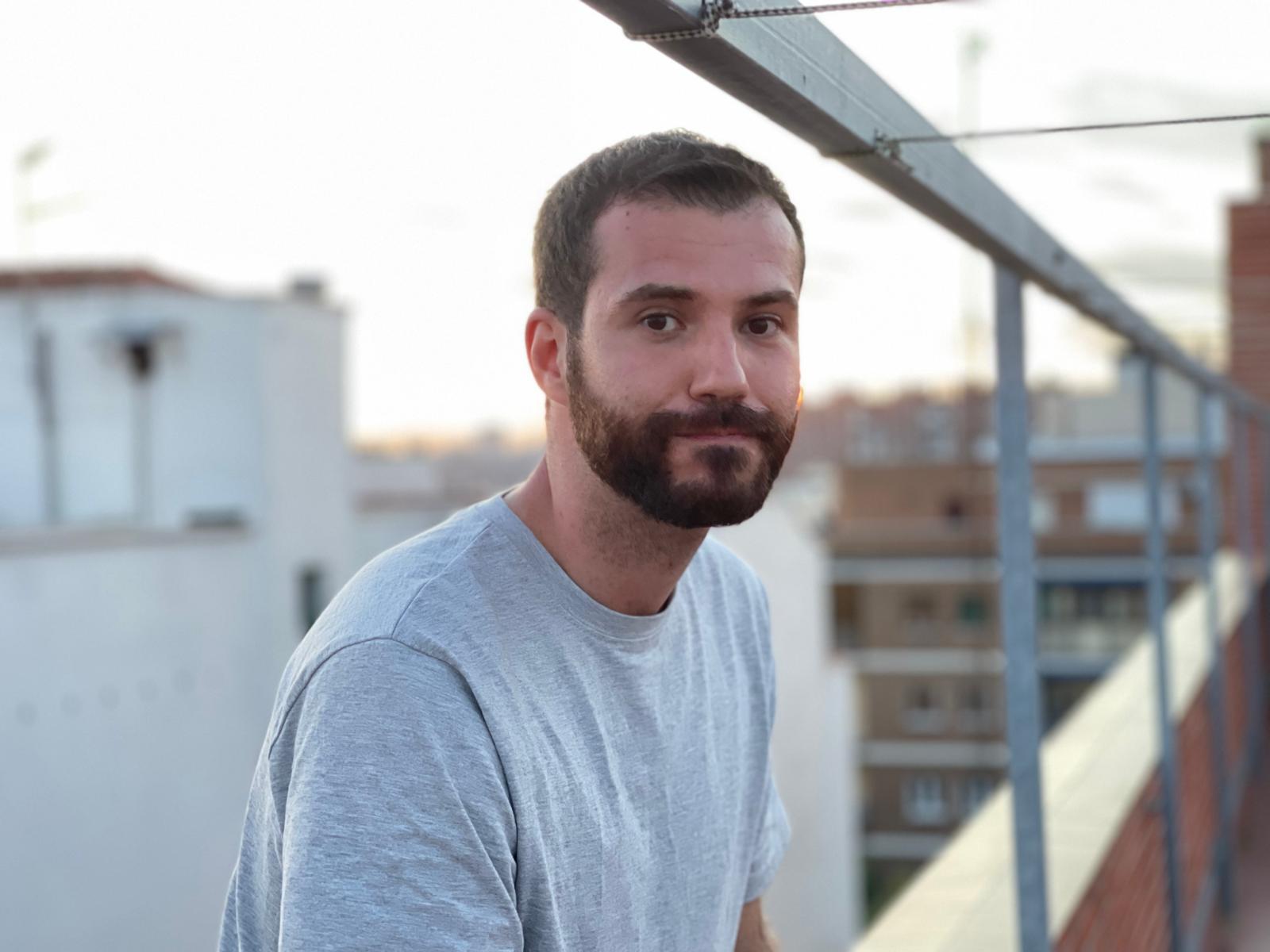
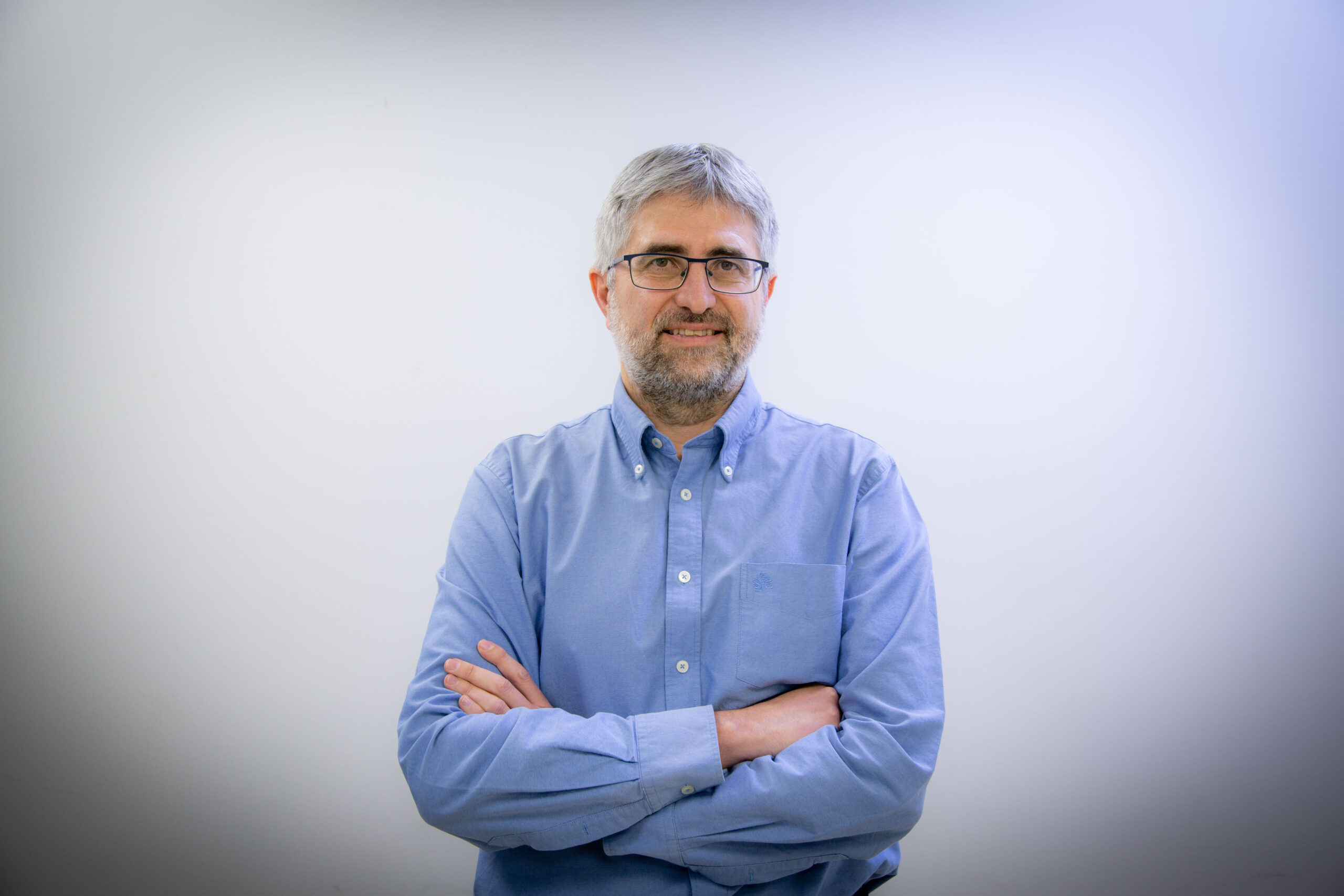
Speakers
-
César Rodríguez (La Voz de Galicia)
-
 Miguel Paisana (OberCom)
Miguel Paisana (OberCom)Miguel Paisana is a researcher at OberCom – Observatório da Comunicação and CIES-Iscte. Guest lecturer at Iscte – Instituto Universitário de Lisboa teaching journalism and media strategy and development. Member of the Iberian Digital Media Observatory (IBERIFIER) and author of the annual Digital News Report Portugal.
His main areas of interest concern the evolution of the media ecosystem and of mediation processes in all their expressions. Is particularly interested in the topics related to the intersection between audio and connectivity having published several papers in the field of podcasting studies.
-
 Arkaitz Zubiaga (Queen Mary University of London)
Arkaitz Zubiaga (Queen Mary University of London)My research revolves around Social Data Science, interdisciplinary research bridging Computational Social Science and Natural Language Processing.
I am a senior lecturer (associate professor) at Queen Mary University of London, where I co-lead the Social Data Science lab, I’m a member of the Computational Linguistics Lab and a DERI Fellow. My research revolves around Social Data Science, interdisciplinary research bridging Computational Social Science and Natural Language Processing. I’m particularly interested in linking online data with events in the real world, among others for tackling problematic issues on the Web and social media that can have a damaging effect on individuals or society at large, such as hate speech, misinformation, inequality, biases and other forms of online harm. I have published 140+ papers (including 50+ journal articles). I serve in the editorial boards of 7 journals and I’m a regular SPC member for top conferences in computational social science, natural language processing and artificial intelligence.
-
 Maite Taboada (Simon Fraser University)
Maite Taboada (Simon Fraser University)Maite Taboada is Distinguished Professor of Linguistics at Simon Fraser University (Vancouver, Canada). Her research combines discourse analysis and computational linguistics, with an emphasis on discourse relations and sentiment analysis. Current work focuses on the analysis of online comments, drawing insights from corpus linguistics, computational linguistics and big data. Other projects include a study of fake news online and the Gender Gap Tracker. She is the director of the Discourse Processing Lab at SFU.
-
 Ramón Salaverría (IBERIFIER Coordinator)
Ramón Salaverría (IBERIFIER Coordinator)Ramón Salaverría is Full Professor of Journalism at University of Navarra and, since 2024, Member of Academia Europæa (MAE). His research focuses on digital journalism and disinformation.
He is an expert of the Council of Europe on sustainability of news media and the principal investigator of Iberifier, Iberian digital media observatory funded by the European Commission. He is also a member of the Arbitration, Complaints and Ethics of Journalism Commission in Spain.
Author of over 300 scholarly publications, he is listed on the Stanford University ranking of world’s most cited researchers, in the Media and Communication field.
He was visiting researcher at The University of Texas at Austin (USA), and served as chair of the Journalism Studies Section of ECREA. He has delivered keynotes, courses and seminars in over 30 countries. -
 Pablo Hernández Escayola (MALDITA.ES)
Pablo Hernández Escayola (MALDITA.ES)Pablo Hernández is the Academic Research Coordinator at Maldita.es. He started working at the fact-checking organization in 2020. He has contributed to research journals such as adComunica and Dilemata, offering his perspective on the issue of disinformation and how to combat it. Before that, he also worked as a journalist at La Sexta, where he was a news editor and worked on information programs for 13 years, as well as at CNN+, Cuatro, Localia, ABC, and the Agencia EFE.
-
 Pablo Gamallo Otero (HYBRIDS Coordinator)CiTIUS-USC
Pablo Gamallo Otero (HYBRIDS Coordinator)CiTIUS-USCI’m associate professor at USC and my research interest is focused on Natural Language Processing and Information Extraction.
I defended my Linguistics PhD thesis at the Université Blaise Pascal (France) in 1998. Then, I won a post-doc position at the Centre for Artificial Intelligence, New University of Lisbon (Portugal), where I worked for four years. Since 2004, I have been working at USC, first as a Ramón y Cajal research fellow and now as Associate Professor. I was the promoter and co-founder of Cilenis, a Spin-Off on language technology and was awarded with the prestigious “Beca Leonardo” funded by FBBVA, in 2016. I am currently a member of the Computational Linguistics group (LComp) of the USC, of which I was co-founder, and a researcher attached to the CiTIUS. I have around 150 peer-reviewed publications. Among them, I am the author of 2 books, 8 book chapters and 53 articles in ranked Q1 or Q2 (7 in the first decile). Concerning funding, I have been the Principal Investigator of 9 R&D projects and 9 transfert contracts with companies and organisations, all of them within the field of natural language processing.
-
 Erik BRAN MARINO (University of Evora, Portugal)
Erik BRAN MARINO (University of Evora, Portugal)Erik Bran Marino is an Italian PhD researcher and Marie Skłodowska-Curie Fellow at the Universidade de Évora in Portugal, contributing to the HYBRIDS project. His work bridges natural language processing (NLP) and social sciences to detect political disinformation in online media. Erik earned his Master’s degree in Sociology and Social Research from the Università degli Studi di Torino, graduating with honors. His thesis investigated Russian manipulation of Western public opinion through conspiracy networks on Telegram. He has presented his research progress at international conferences such as APSA in Philadelphia and AECPA in Burgos. His publications cover topics like sentiment analysis in Portuguese political manifestos and the polarization loop on social media. Proficient in English, Italian, Spanish, French, and intermediate in Portuguese, Erik combines his passion for NLP and AI technologies with his social science background to advance interdisciplinary research.
-
 Paolo Rosso (Universidad Politécnica de Valencia)
Paolo Rosso (Universidad Politécnica de Valencia)Paolo Rosso is Full Professor of Computer Science at the Universitat Politècnica de València, Spain. His current research interests fall mainly in the area of detection of harmful information in social media: disinformation and hate speech, also when conveyed implicitly via stereotypes, irony, sarcasm or humour. He is the PI of the following projects funded by the Spanish Ministry of Science, Innovation and Universities, and by European Union NextGenerationEU/PRTR: XAI-DisInfodemics on eXplainable AI for disinformation and conspiracy detection during infodemics; FAKEnHATE-PdC on FAKE news and HATE speech; and FairTransNLP on Fairness and Transparency for equitable NLP applications in social media. He is also member of a couple of EU pojects: CHIST-ERA MARTINI on Malicious Actors pRofiling and deTection In online social Network through artificial Intelligence., and IBERIFIER+ funded by the European Digital Media Observatory. He collaborated with the Spanish National Security Department and with the Science and Technology Office of the Spanish Congress of Deputies in topics related to disinformation campaigns and AI. He helped organising several challenges, recently on Conspiracy theories vs critical thinking narratives, and on Sexism identification in tweets, memes and videos.
-
 Rrubaa Panchendrarajan (DC at QMUL)
Rrubaa Panchendrarajan (DC at QMUL)Rrubaa Panchendrarajan is a researcher specializing in Natural Language Processing (NLP) and currently serves as a HYBRIDS Doctoral Fellow at Queen Mary University of London, supported by the Marie Skłodowska-Curie Doctoral Network. She holds a Master’s degree from the National University of Singapore, and a first-class honors bachelor’s degree in Computer Science and Engineering from the University of Moratuwa, Sri Lanka. Rrubaa has held diverse roles across academia and industry, including Software Engineer, Lecturer, and Research Associate, giving her the ability to bridge theoretical research with practical applications. Her experience is complemented by numerous publications in leading journals and conferences, with her current research focusing on automated fact-checking through NLP technologies.
-
Íñigo Caínzos (Cadena SER)
-
 Alfonso Pato (elDiario.es)
Alfonso Pato (elDiario.es)Journalist and cultural manager. Founder and director of the Cans Film Festival since 2004, he has worked in numerous media outlets.
He holds a degree in Hispanic Philology from USC. He has over 35 years of experience as a journalist and director of cultural programs on television, as well as in the management of cultural projects. He has worked at Televisión de Galicia (TVG), Televisión Española (TVE), the newspaper El País, and currently contributes to the culture and society section of El Diario.es, where he has also written articles on AI.
He has conducted talks on various cultural topics at European universities such as Université Sorbonne-Paris 8, Universidad de Deusto (Basque Country), Universidade Católica Portuguesa do Porto (Portugal), University of Saint Louis (Madrid Campus), and in events organized by the Ministry of Culture, Junta de Extremadura, and the Principality of Asturias.
-
 Guillermo Infantes (Newtral)
Guillermo Infantes (Newtral)Guillermo is a journalist and is 30 years old. He is part of the fact-checking team at Newtral.es, and his work focuses on detecting and monitoring disinformation on social media, with a special emphasis on coordinated campaigns and foreign interference operations in the field of information (FIMI). He has taught geolocation and OSINT resources in the Master’s in Digital Verification, Fact-checking, and Data Journalism offered by Newtral and CEU-San Pablo University. He has also been a speaker at various forums, such as the Guardia Civil’s Summer Course on Intelligence and Security or the seminar Fighting Disinformation: National Security within the Framework of the EU Strategy at the University of Almería.

